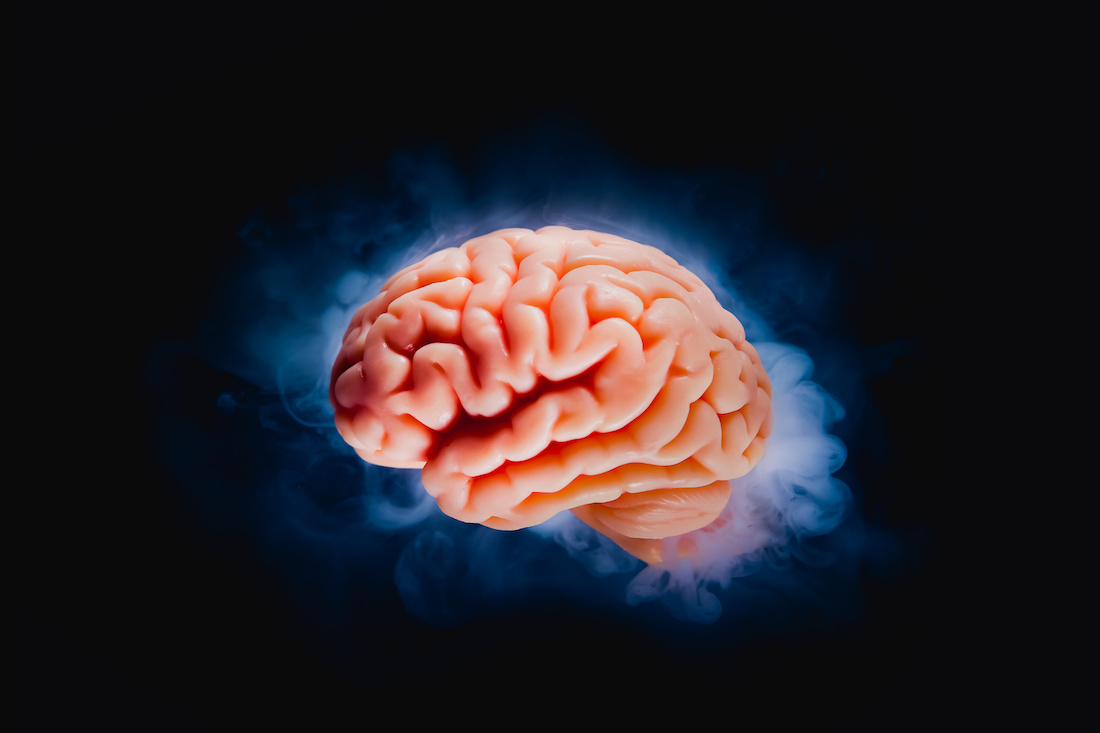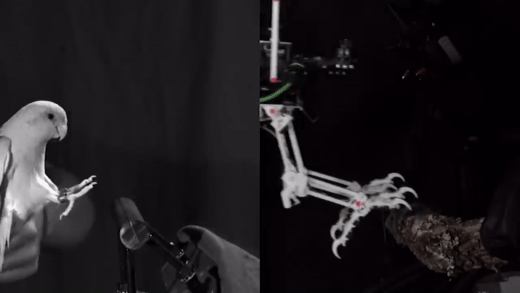Stephen Johnson
Managing Editor, Big Think
Stephen Johnson is the Managing Editor of Big Think. Formerly a long-time contributor to Big Think, he is a St. Louis-based writer and editor whose work has been featured in U.S. News & World Report, PBS Digital Studios, Eleven Magazine, and The Missourian.

A new analysis of an ancient hominin fossil sheds light on the “Out of Africa” dispersal events that occurred more than one million years ago.
Iceland consistently ranks as the most gender-equal nation. It is also the nation where men and women are most likely to pursue sex-typical jobs.
Neuroscience research suggests it might be time to rethink our ideas about when exactly a child becomes an adult.
Some U.S. intelligence operatives have suggested foreign adversaries may be using “directed-energy” weapons against Americans.
Certain types of dogs seem to be more discerning than others, however.
We seem to have a “progression bias” that nudges us toward pro-relationship decisions and away from breaking up.
Humans seemingly have opposing desires to fit in and to be unique. The interplay between these might drive the evolution of fads.
Treatments for depression have significantly improved since the 1980s. So why isn’t the rate of depression decreasing?
A placebo-controlled study found that oxytocin seems to significantly reduce romantic jealousy among people in intimate relationships.
GPT-3, which features 175 billion parameters, just might fool you in a conversation.
Drones have a lot to learn from the landing abilities of birds.
In tough competitions, men tend to give up early when they feel a low sense of control. Testosterone eradicates that effect.
The results of a recent study suggest that some clinicians might be failing to explore other causes when treating gender dysphoria.
The internet has made it easier than ever to keep in touch with our exes. For people in relationships, that can cause problems.
Despite the wide diversity of spider species, most orb-weavers seem to follow the same playbook when building their webs.
The creator of the index called it a public utility for accessing the “vast ocean” of human knowledge.
Our moral attitudes about sex and drugs share a genetic basis, suggests a recent study that examined the attitudes of more than 5,000 twins.
The most unpleasant aspect of intellectual liberalism is that when speech causes emotional or mental pain, the offended parties are morally entitled to nothing.
A recent study casts doubt on the notion that watching porn, whether alone or with a partner, damages romantic relationships.
Inspired by the group behaviors of simple animals, a team of roboticists has developed a new way for swarm robots to maneuver on land.
After the 2011 Fukushima disaster, it was Germany, not Japan, that cracked down most severely on nuclear power plants.
The secret to alleviating chronic back pain may be to treat psychological issues like anxiety and repressed emotions.
Often called modern-day dinosaurs, cassowaries are one of only a few birds known to have killed humans.
The unconventional method could help astronomers better track meteorites that fall during the daytime.
A future kitchen appliance could make it possible to 3D-print entirely new recipes and cook them with lasers.
Scientists use tripping rats to show that LSD disrupts communication between two key brain regions.
From “shell shock” to “combat fatigue,” the wars of the past century have violently illuminated the power trauma can wield over the mind and body.
A new study upends a long-standing theory on how the brain plans motor actions in uncertain environments.
What started as a viral case of public shaming has morphed into a dark story involving internet sleuths, a criminal network, and the suspicious death of a 62-year-old man in St. Louis.
When you unintentionally step on a dog’s tail, does it know that it was an accident?





























